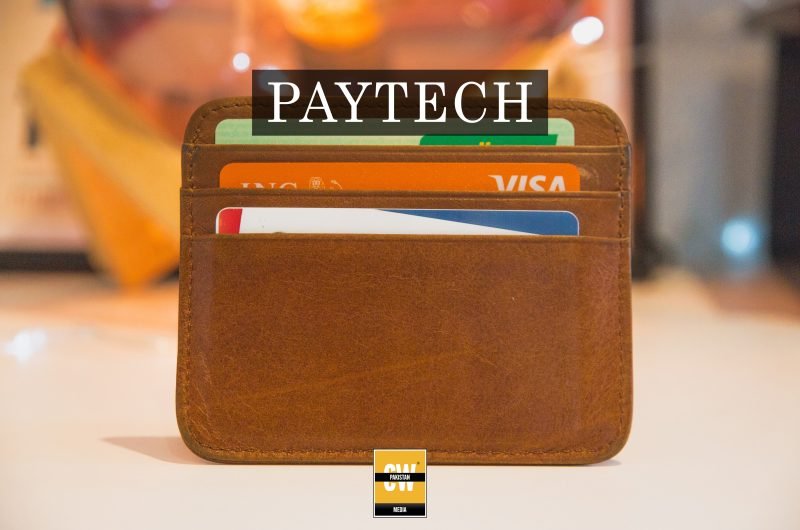Digital payments have seen a remarkable surge in Pakistan, with 88% of all retail transactions now processed digitally, a clear indicator of the rapid shift towards a digital economy in the country. This significant milestone comes as mobile banking apps and other digital platforms like branchless banking (BB) wallets and e-money wallets have become central to financial transactions. According to the latest data released by SBP, these digital payment channels processed an impressive 1.45 billion transactions worth Rs. 24 trillion. The increase in transaction volume represents a 12% growth, while the value of these transactions has surged by 28%. With these encouraging figures, the growth trajectory is expected to continue into the second quarter of fiscal year 2025.
The uptake of digital banking services has also seen a steady rise, with mobile banking app users growing by 7%, bringing the total to 21 million users. Meanwhile, e-money and BB wallet users also experienced a 13% and 7% growth respectively, reaching 4.7 million and 64.3 million users. Additionally, internet banking saw a 7% increase, reaching 13.3 million users. This rapid expansion of digital payment systems highlights the growing acceptance and reliance on digital financial tools among the general population, suggesting a paradigm shift in the way Pakistanis handle their finances.
In parallel, merchant payments through digital platforms have witnessed significant growth. E-commerce transactions have surged by 30% in volume, reaching 152 million transactions, with a total value of Rs. 193 billion, marking a 32% increase in value. Notably, among these e-commerce transactions, 8% were made through cards, while a substantial 92% were processed via digital wallets and accounts. In terms of transaction value, digital wallets took the lion’s share, accounting for 67% of the total, compared to just 33% for card payments.
The growth in physical retail payments is also notable. The number of POS-enabled merchants has increased to 115,177, supported by 151,646 POS terminals. These terminals have facilitated 89 million in-store purchases, amounting to Rs. 510 billion—a 19% increase compared to the previous period. Furthermore, retail stores, especially kiryana shops, that accept QR codes or BB wallet payments have processed 22.1 million transactions, valued at Rs. 58 billion, reflecting growth rates of 4% and 9%, respectively.
The SBP’s role in accelerating the growth of digital payments has been crucial. Payment systems like Raast, an instant payment system, and RTGS, a real-time gross settlement system, have played a pivotal role in supporting the digital payment infrastructure. During the second quarter of fiscal year 2025, Raast alone processed 296 million transactions worth Rs. 6.4 trillion. Since its launch, Raast has processed a total of 1.144 billion transactions, valued at Rs. 26 trillion. Meanwhile, the RTGS system has settled large-value transactions worth Rs. 330 trillion, marking a 19% increase in value compared to the previous period.
Overall, retail transactions in Pakistan have grown by 11% in volume, reaching 2.14 billion, while the total value of these transactions has risen by 12%, amounting to Rs. 154 trillion. Mobile banking, internet banking, and over-the-counter banking transactions have all contributed significantly to this growth, underscoring the rising popularity of digital payment systems.
This surge in digital payments is a key step towards Pakistan’s broader digital economy transformation. The State Bank of Pakistan’s strategic initiatives, alongside the collaborative efforts of banks, fintech companies, and payment service providers, have paved the way for a more inclusive, efficient, and secure digital payment ecosystem. As digital payments continue to grow, SBP is committed to furthering financial inclusion, making digital payments more accessible to individuals and businesses, and improving overall payment efficiency in the country.
The ongoing digital revolution in Pakistan’s financial sector signals a promising future for the country’s digital economy, with digital payments playing an increasingly central role in everyday life. The trend is expected to gain momentum, contributing to the growth of both the retail and e-commerce sectors and positioning Pakistan as a leader in the digital financial services space in the region.











